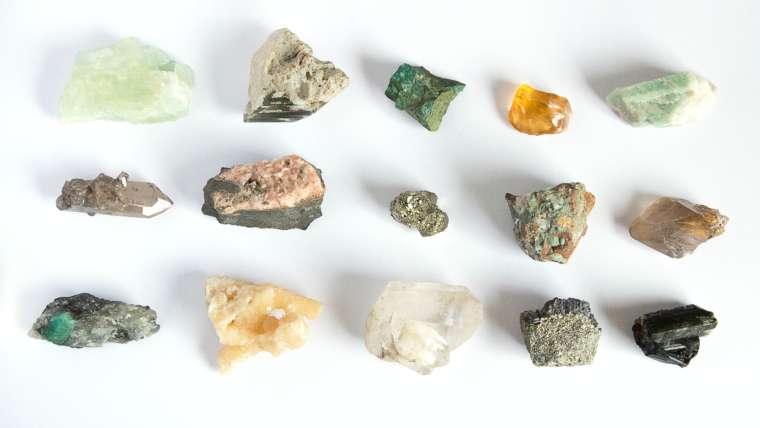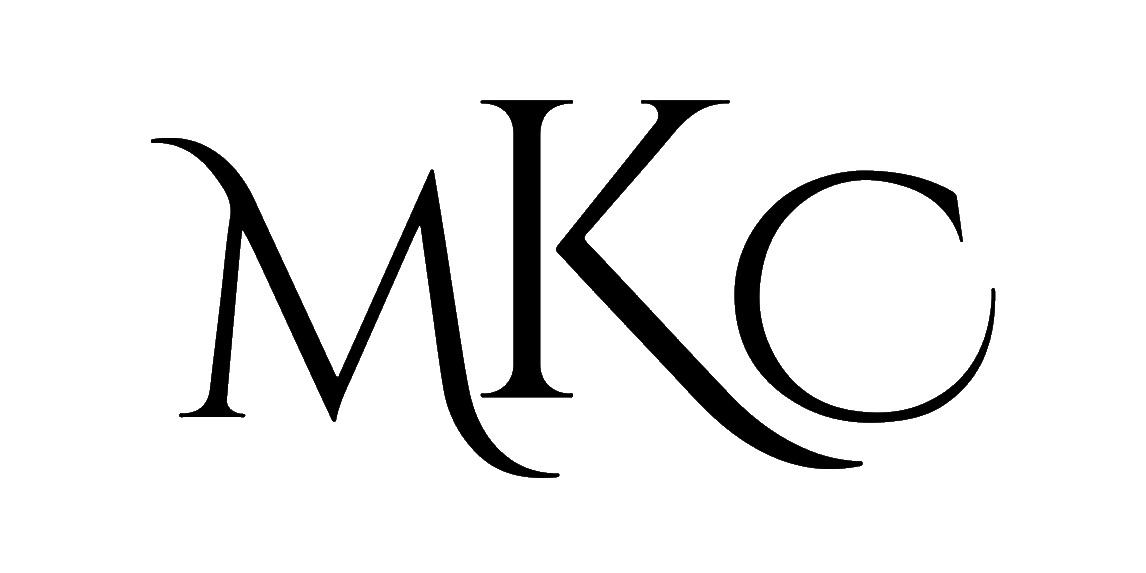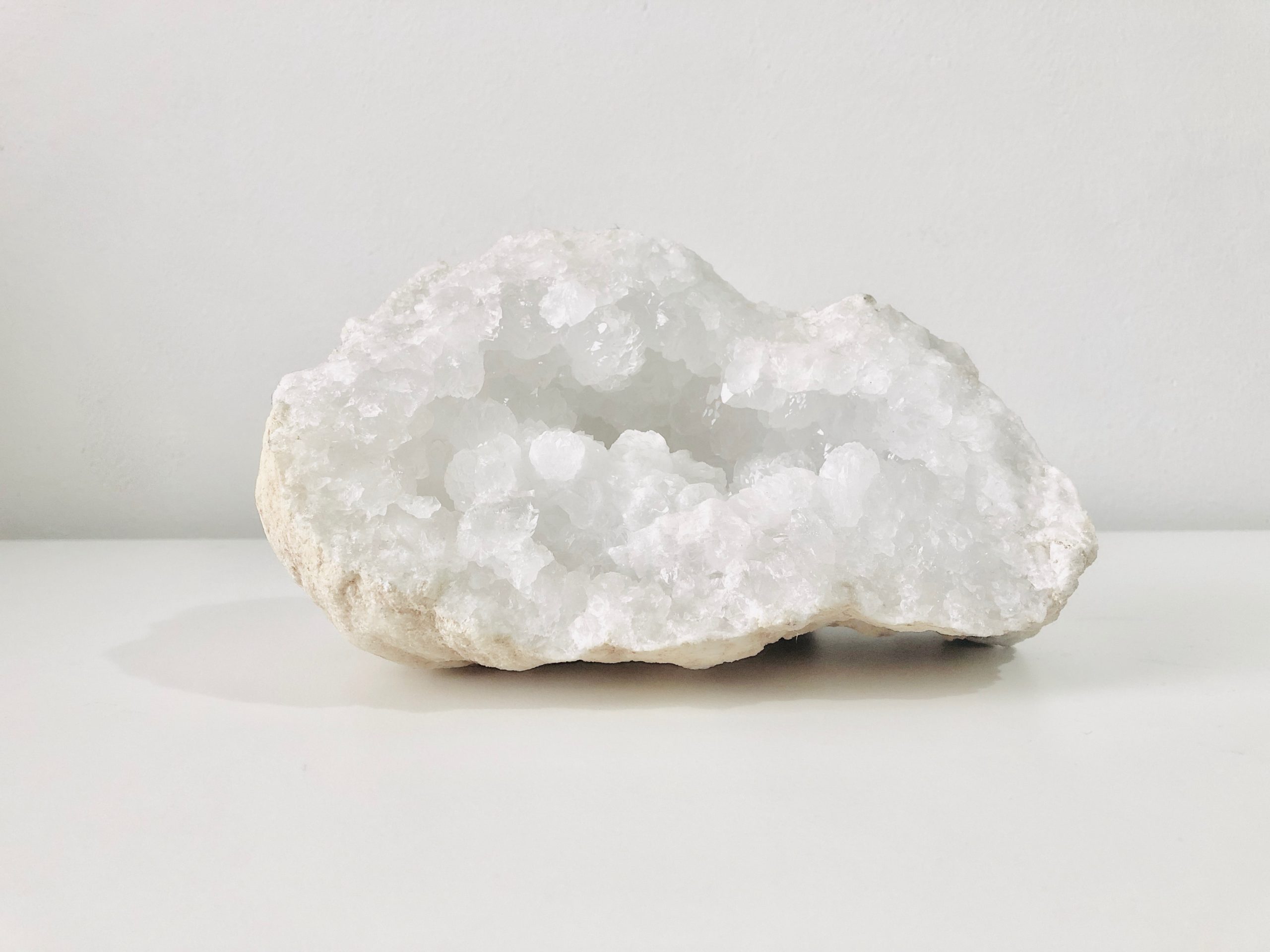For me, this has been a year of letting go. Letting go of the way I want/hope/wish things would be, of the way I sometimes feel they should be. Letting go of the visions I hold for my life and my attachment to them. Even letting go of once-important friendships that were — in truth — no longer nourishing for me.
Letting go is painful. Even when it is true and something we are calling into our lives. It is a crack in the foundation, a breaking off from the status quo, a willingness to let a part/a vision/a longing die in order to make space for that which is new. It is what Brené Brown calls Braving the Wilderness.
And that process — while it may have beautiful aspects and silver linings and all that yummy stuff — is often uncomfortable, teeth-clenching, insomnia-inducing, and downright scary.

Welcome to the beauty and challenge of Autumn and the Metal Element.
Can we trust . . .
That we know what we are doing?
What is on the other side of this process?
We know enough of who we are to stand strong in ourselves and to ask for what we need?
That we stay in our integrity in a world where others are flinging their shadowy messes around?
We come back, again and again, to that tender belly inside of ourselves who is longing to wake up, longing for truth, longing to be in her/his/their center?
Autumn begins not on a specific date but rather, when the energies of letting go, of death and transformation begin to dominate the world around us. We may bear witness to this as the trees offer up their amazing array of colors and the air cools everything down.
Autumn is the season of the Metal element and according to traditional Chinese medicine, this time of year is nature’s expression of grief. As the leaves begin to fall and let go, and the trees draw in their sap, this seasonal change invites us to turn inward and to ask ourselves: what do I need to let go of? What in my life is no longer serving me?
All About The Metal Element

Nearly 9,000 years ago, Taoist philosophers made note of the impact this time of year has particularly on the lungs, the large intestine, and the skin. This has to do not only with the seasonal energy shifting in our environments, but also with the cooler temperatures and the dryer air. As such, the Metal Element is known to govern the lungs, the large intestine, and the skin so when there are imbalances in this element, we often see symptoms in these organs.
Grief, the emotion associated with the Metal element is often just under the surface this time of year whether we express it or not. Grief is particularly associated with the lungs and when unexpressed, can lead to respiratory challenges like wheezing, coughing, asthma, and vulnerability to sinus, lung or bronchial infections. And since the lungs and large intestine work in tandem with the drawing in and letting go in our body-mind-spirit, we can sometimes experience difficulty letting go such as with constipation. This can become even more pronounced when grief goes unprocessed/unexpressed.
With late summer coming to a close, the cooling temperatures, and dying of the foliage, we know that Winter is just around the corner. If Metal is out of balance, this can be a difficult transition – sometimes leading to loneliness and depression.
When the Metal element becomes depleted or unbalanced, any losses that we’ve experienced throughout our life that we haven’t quite dealt with may suddenly emerge this time of year. The repression of grief can easily become stored within this important organ. When our lungs are compromised, this can lead to challenges in our immunity also. This is why Autumn gets a bad rap as cold and flu season, of which there is no such thing. As you can see with COVID, viruses are around all year – not only suddenly appearing in Autumn and disappearing in Spring.

How would you know if your Metal element is balanced or imbalanced? Let’s take a look:
Indications of imbalance within the Metal element:
- Being overly critical of self and others
- Having difficulty letting go (or letting go excessively)
- Long-standing, unprocessed grief
- Weakened immune system symptoms such as asthma, allergies, and frequent colds
- Skin problems such as eczema, rashes, and psoriasis
- Chronic constipation or other bowel issues (diarrhea, IBS, IBD, Crohn’s, UC, etc.)
- Feeling self-importance, self-righteous, tendency toward narcissism (or the opposite: feeling unimportant, insecure, not worthy)
- Aloofness, especially in close relationships
Indications of balance within the Metal element:
- Strong, hearty immune system
- Easily feels connected to something/someone larger than self/belonging
- Identification with spirituality
- Belief in fairness and equality
- Good organizational skills
- Self-discipline
- Conscientiousness
- Deep inner strength
- High level of integrity in relationships and work
To assist with the balancing of the Metal element within ourselves this season, here are a few recommendations for supportive additions to your self-care routine this Autumn:
- Begin to slow things down from the faster pace and higher vibes of summertime
- Find more time for yin activities like reading or making art
- Get plenty of rest and quiet time, taking care not to overexert yourself
- Clear the cluttered areas in your home, give away what you no longer need
- Engage in a personal review: how did the year go? Are you holding on to any resentments? Do you need to tend to any one of your friendships, family members, or co-workers?
- Step outside and breathe in the fresh, crisp Autumn air every day for at least 30 minutes.
- Practice 4-second inhaling and 7-second exhaling.

Whether or not Metal is your constitution, it is part of you. We are made up of all the elements.
Interested in learning more about the Five-Elements and your constitution? Take one of the introductory or in-depth quizzes to give you insight into your constitution. You can take these quizzes at your leisure and share with friends and family.
When you visit my practice or pick up a copy of my book, you’ll be introduced to the Five Element principles individually by season, organs, flavors, senses, dominant emotion, and other supportive associations.

